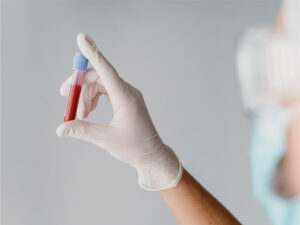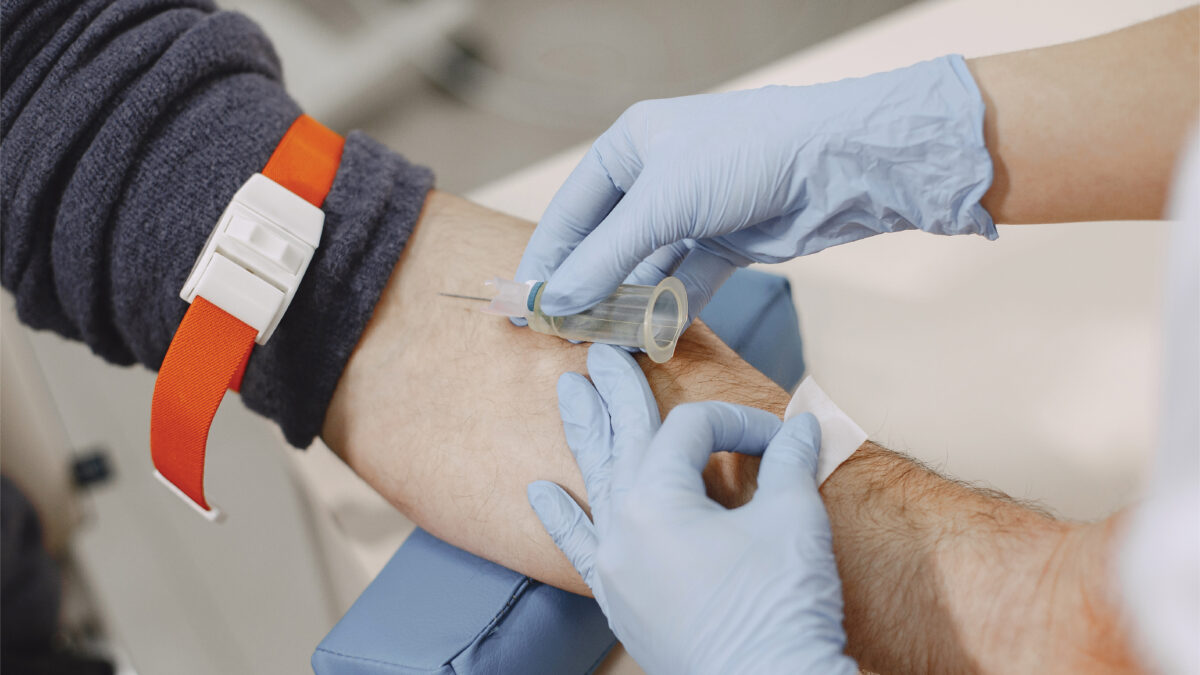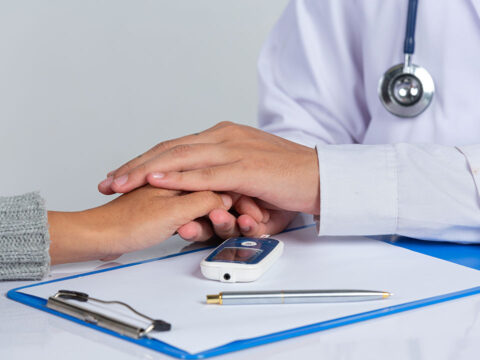
Diabetes & Fertility: Should You Be Concerned?
June 8, 2022
Understanding The Impact Of Diabetes On Childhood Development
June 8, 2022Donating blood is a selfless deed that helps save millions of lives all around the globe. A pint of blood can help up to three people who need transfusions.
Generally, all healthy people can donate blood. However, if you have diabetes, the equation might slightly change. This World Blood Donor Day, let’s know about diabetes and blood donation.
Can You Donate Blood With Diabetes?
It is generally safe for diabetes patients to donate blood. However, you need to be in good health and have your blood sugar levels under control before donating blood. You need to be highly vigilant about your diabetes and make sure that you eat a healthy diet and exercise sufficiently to regulate your blood sugar levels.
People with prediabetes are also eligible to donate blood as long as they do not have any heart problems.
Nevertheless, it is a good practice to always consult your doctor before donating blood and see if you are fit to do it or not.
When Can A Diabetes Patient Not Donate Blood?
- If you take insulin, you cannot donate your blood. Blood donations can affect your insulin levels and put your health at risk. This criterion applies to patients who take regular insulin injections as well as the ones who take insulin pump therapy.
- If you have experienced any heart problem, such as heart failure, heart surgery for blocked arteries, or even faintness due to any heart problem, you are not eligible to give blood.
- If you have any chronic diabetes complications like heart diseases or kidney problems, you are not allowed to donate blood.
- Your diabetes medications do not usually impact your ability to donate blood. However, if they have changed in the last four weeks, it may not be safe for you to donate blood.
What To Expect During Blood Donation?

- Health Screening
You will be screened for preexisting health conditions at the blood donation centre. If you have diabetes, you will need to disclose your health condition along with other details involving medication, complications, etc. The officials at the blood donation centre will also check your vital statistics, such as temperature, pulse, blood pressure and haemoglobin levels.
- Blood Donation Process
After your health screening, you will be taken for your blood donation. For this, you will be seated in a comfortable chair, and then the person assisting you will sanitise your arm and insert a needle to take out the blood. It would cause only a slight amount of pain, similar to a pinch, and nothing more.
How To Prepare Yourself For Donating Blood?
Before donating blood, follow these tips to ensure that your donation is successful.
- Increase your water intake from a few days before your scheduled donation day.
- Include iron-rich foods in your diet or take iron supplements for one or two weeks before donating.
- Take sufficient sleep the night before your donation appointment.
- Eat a balanced and healthy meal, especially if you have diabetes. It will help keep blood glucose levels in control.
- Restrict the consumption of caffeine on your donation day.
- Bring a list of medication and other health certificates and reports for your health screening,
- Carry an identification card, or even two, to the donation centre.
What To Do After Donating Blood?
- Keep your bandage on for at least four hours to prevent bruising.
- Take sufficient rest, especially if you feel lightheaded.
- Avoid arduous physical activities, such as exercise, for at least 24 hours after the donation.
- Monitor your blood glucose levels closely and if you experience any fluctuations, consult with your doctor immediately.
- Add iron-rich foods and supplements to your diet.
- Increase the intake of fluids in your diet for a few days after donation.
In Essence
Having diabetes does not prevent you from donating blood. However, you must have your diabetes under control and not have any health complications. There are some more factors that may also prevent you from donating blood, such as insulin therapy. However, if your diabetes is well-controlled and you do not fall into the restricted category, you are safe to donate your blood.
References
- https://www.diabetes.co.uk/can-people-with-diabetes-give-blood.html
- https://www.healthline.com/health/diabetes/can-diabetics-donate-blood
- https://www.oneblood.org/media/blog/donor/can-i-donate-blood-if-im-a-diabetic.stml
- https://www.medicalnewstoday.com/articles/can-people-with-diabetes-donate-blood
- https://pubmed.ncbi.nlm.nih.gov/19878496/
- https://journaljammr.com/index.php/JAMMR/article/view/30136




